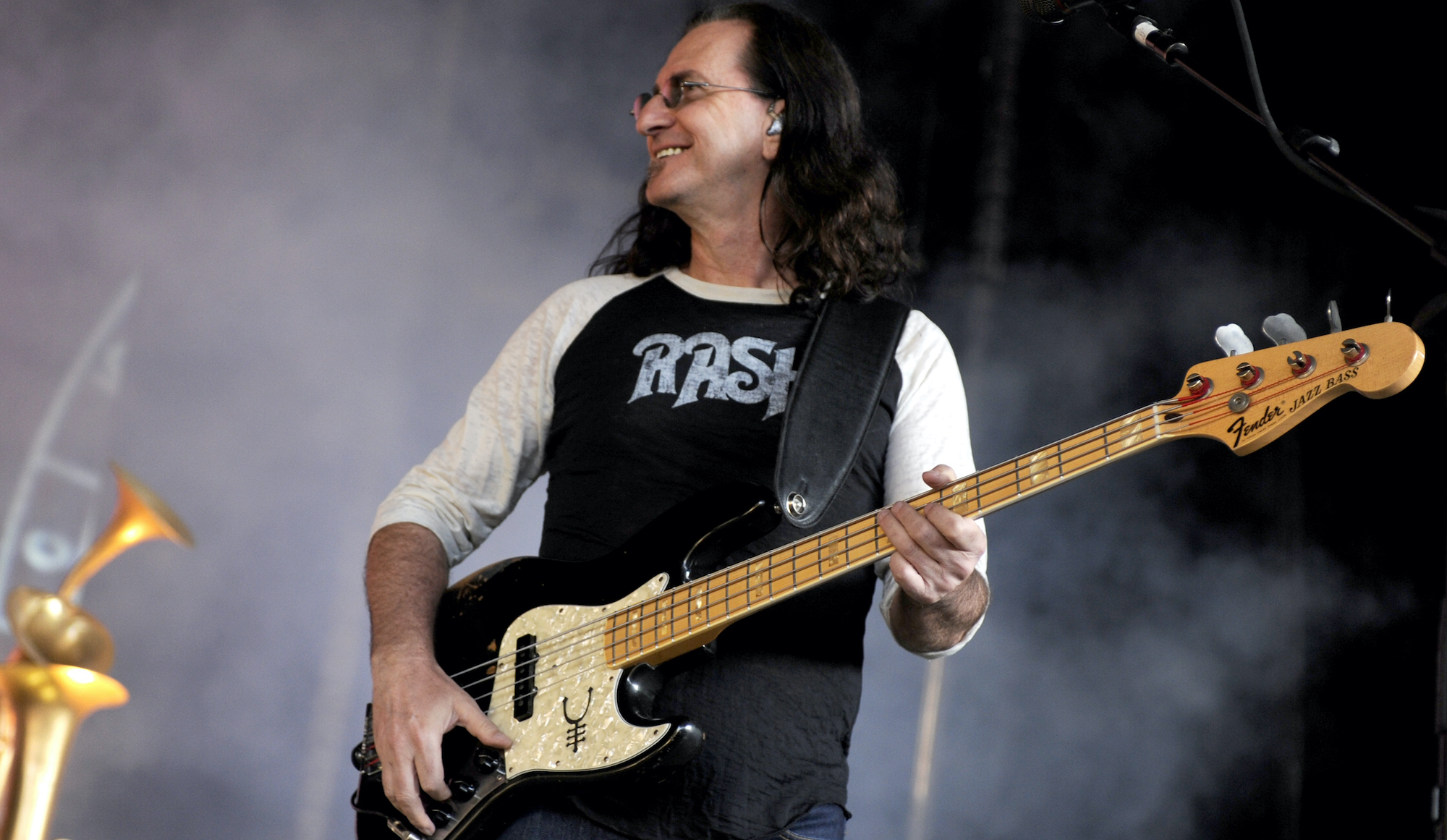
Interviewed in 1999 for Bassist magazine, Rush legend Geddy Lee singled out Freewill from the band's 1980 studio album, Permanent Waves, as a song that helped redefine who and what Rush were as a trio. “The body of the song is not difficult,” said Geddy. “Alex and I wrote that part together and we kind of mimic each other on that. What makes it really interesting is when I lock in with the drums, which leaves Alex free to play around the rhythm with chordal patterns – that's what makes it such a great trio piece.”
Speaking to MusicRadar, guitarist Alex Lifeson said the song was "probably one of the most ambitious pieces of music Rush has ever done." He also revealed that his guitar solo was spontaneous. “Recording it, I didn’t have anything planned; I was just responding to what the other guys did. In a sense, everybody’s soloing at the same time. It’s so frenetic and exciting – Geddy and Neil are all over the place. I was just trying to keep up!”
You can revisit Geddy Lee’s isolated bassline on Freewill below.
“The difficult part was the middle section where there was a bit of free form," said Geddy. "We pick up the tempo and Neil and I jam a little bit behind the guitar. One moment it’s heavy riffing and then you spread out the sound and utilise the rhythm section verses the guitar.”
Geddy was still favouring his Rickenbacker 4001 at the time, but having picked up a used Fender Jazz Bass in a pawn shop, he immediately started working it into his sound. “The Ricky worked well in the early days for the tone that I wanted. On Permanent Waves and Moving Pictures I wanted to get a bit more punch in the bottom end. You can get that out of a Ricky, there’s no question about it, but it can take a lot of fiddling. What I liked about the Jazz was that it was really easy to get a great tone in the studio.”
When Rush formed in 1969, their roots were firmly in the Cream and Led Zeppelin-emulating school of hard rock. “When I start playing bass guitar at about 14, it was like one of those instruments that no-one wanted to play,” Geddy told BP. “It was Jack Bruce who sold me on it. He was easily the most powerful influence on me as a bass player.”
Thanks to ever-stronger and inventive material, peaking in 1981 with the superb Moving Pictures album, Rush became prog rock’s quintessential trio. Geddy Lee also achieved universal acclaim, ranking number 13 on our list of The 100 Greatest Bass Players of All Time.

Permanent Waves is available to buy or stream.







